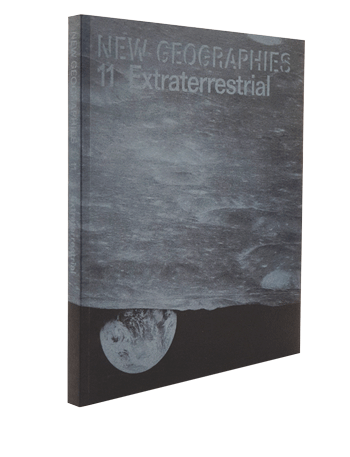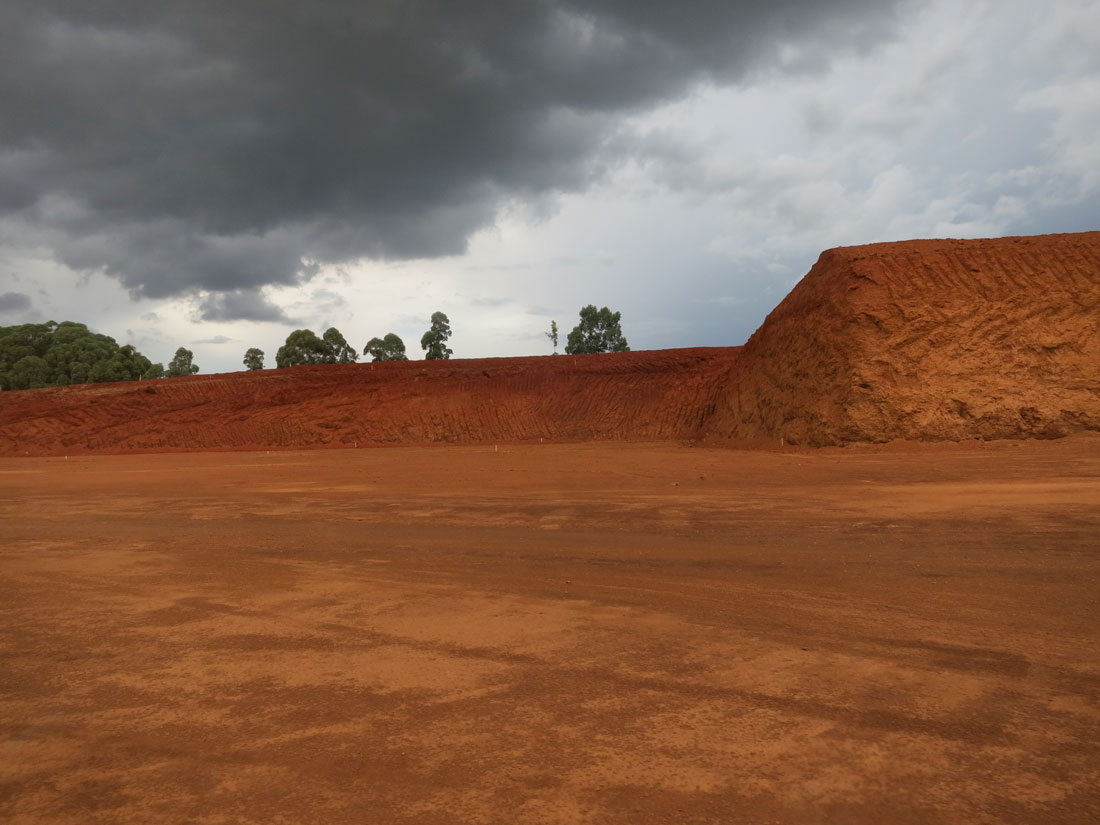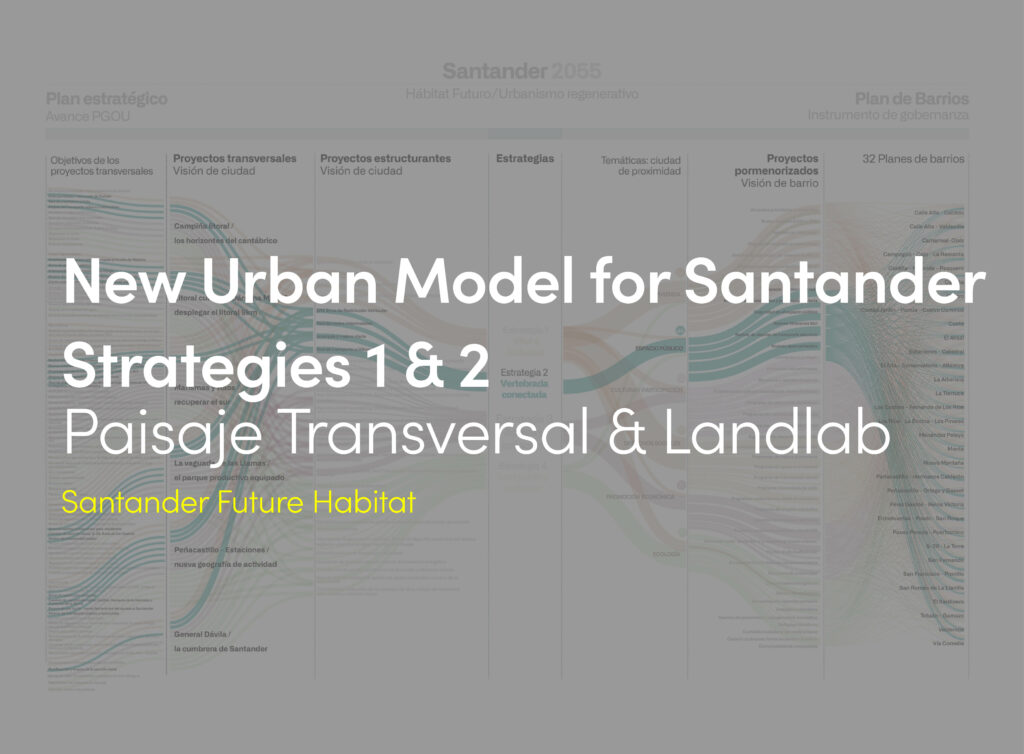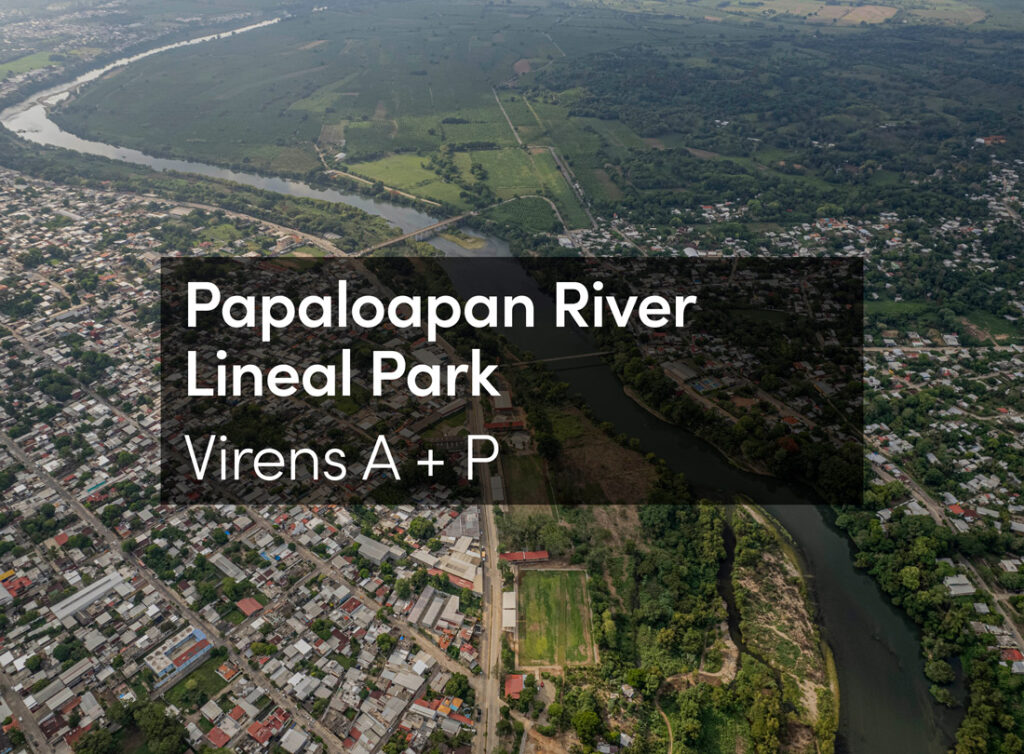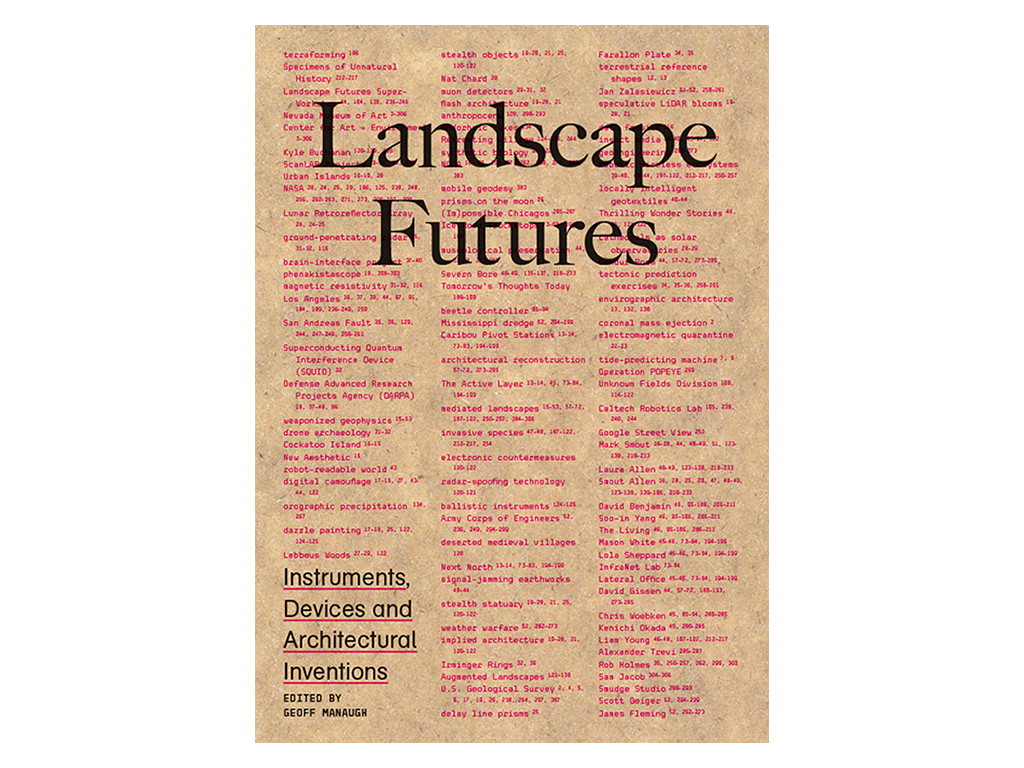The status of outer space as the final frontier is a cultural fetish. What a given culture fetishizes reveals the blind spots of power in specific times and places. That outer space should even be considered a frontier is a recent historical phenomenon that reflects the fusion of political power with techno-optimism, and it is far from final. But the temporal horizon of finality speaks to the desires felt among putative winners and losers alike under postatomic capitalism to transcend the brutalities of our age while preserving the status quo.
The invocation of the frontier orients political, economic, cultural, and technological power toward a specific sequence of activities: resource discovery, enclosure, devastation, and abandonment. In this, there is an extractivist intention,[1] driven by the need to capture new resources in order to escape or ameliorate crises in the metropole. Therefore, naming a place a frontier sets it up as a problem to be solved: territories to be conquered or resources to be claimed, both processes as markers of a certain kind of “progress” that leaves the old world, and its old problems, behind. In this fantasy, taming “the final frontier” signifies the transcendence of earthly problems. But more important, it exonerates the protagonists of accountability for those problems: war, pollution, poverty, and that suite of brutalities summed up in passive voice as “the Anthropocene.”[2]
To be clear, it is one thing for historically oppressed global majorities to fight for a transcendent peace via shared human cause realized through scientific collaboration. But it is quite another for privileged minorities—these descendants of settler colonialists and beneficiaries of 500 years’ exclusion of nonwhite peoples and women from the European Enlightenment category of human—to demarcate outer space as the final frontier, as though it were the last place left to conquer in the colonial civilizational project.[3]
The ideal of peaceful, collaborative space exploration that benefits all of humankind motivates thousands of space professionals and scientists around the world. These shared ideals have been a potent political force over the course of the 20th century, culminating in one of the most robust international treaties in history, the 1967 United Nations’ Outer Space Treaty (OST), formally known as the Treaty on the Principles Governing the Activities of States in the Exploration and Use of Outer Space, including the Moon and Other Celestial Bodies.[4] But lately, the grotesque alliance between militarism and market-driven ambition has co-opted and ensnared even the most idealistic advocates of space sciences.[5]
The alliance between legislative power and private capital is driven by a potent combination of El Dorado fever and Malthusian paranoia, which has recast the cosmos as replete with immense untapped resources that are not only free for the taking, but simply must be exploited to avoid a scarcity-induced apocalypse.[6] Wastefulness is confused with scarcity, and elite fears of limited availability of critical resources on Earth lent an air of urgency and legitimacy to the recent legal initiatives to sidestep the provisions of the OST: the 2015 SPACE Act,[7] signed into law by Obama, followed by Trump’s 2019 executive order to establish a Space Force.[8] Ongoing processes of exploration and expropriation are now routinely discussed as essential to avoid environmental apocalypse or to escape civilizational collapse.[9]
But we have seen this all before. Frontiers, and particular visions about the resources they hold, are an imagined geography that reflects the fears, hopes, and failures of a given culture at a particular historical-technological conjuncture. When Thomas Malthus wrote his Essay on the Principles of Population in 1789, he provided at once an explanation of the existence of the poor and a tidy reasoning against redistributive politics. The poor were poor because there were too many of them and not enough resources to go around, and not because kicking people off their land for elite enjoyment or colonial surplus extraction deprived peasant majorities of their means of subsistence.[10] In Malthus’s reasoning, lifting a finger to alleviate suffering would only disrupt the “natural” check that starvation enacts on population growth and would imperil us all. Such a tidy dismissal of responsibility for creating poverty, as well as the dismissal of redistributive justice on moral grounds, must have done wonders to unburden the conscience of colonial elites. The same logics are at work with respect to outer space. Privatizing outer space eases elite fears of having to answer for antisocial policies brutally enacted to enrich a few at the expense of the many while justifying these same brutalities in nationalist and Social Darwinist terms.
The broad cosmopolitan scientific sensibility to explore the cosmos for the benefit of all humankind has been harnessed by an ethos of enclosure that shapes geographies of extractive frontiers on Earth. Although both cosmopolitan science and jingoist accumulation employ frontier imaginaries, the territorial stakes are different. The former espouses a leave-no-trace ethos enshrined in planetary protection protocols and popularized in Star Trek’s Prime Directive, while the latter champions a conquistador approach to “harvest the heavens”[11] and “terraform new worlds.”[12]
Extractive frontiers are characterized by a dynamic of resource discovery, enclosure, devastation, and abandonment. On Earth, Anna Tsing describes extractive frontiers as conjured into being by a view from elsewhere.[13] In the trick of power that leaves the dominant unmarked, that “elsewhere” from which the frontier is conjured is often erased. This is part of the frontier fetish. So when we characterize outer space as a frontier, our perspective from Earth is erased, and with it, all the lessons we might learn from the spaces and outcomes of resource frontiers on Earth.
Mines
A mine marks a conquered frontier. It serves as an immutable “outpost,” a surefire sign that unproductive lands have been put to productive use, or in other words, expropriated for nonlocal enrichment. From the perspective of the “New World” mine, the contemporary race to enclose outer space looks particularly familiar. Myths of El Dorado drove colonial exploration and justified an erasure of what came before. The wholesale plunder and genocides in Africa, Southeast Asia, and the Americas, not just for land but for the land’s geological endowments, was crucial to the colonial project and the rise of capitalism. Accordingly, the agendas of space mining and space colonization share the common elements of identifying and tapping immense mineral wealth as part of the process of characterizing other celestial bodies as new lands to be conquered by the brave. Pop culture is replete with such tropes.
Settler colonial states have responded to demands to preserve landscapes and lives that preceded settler colonial domination by designating reservations and parks. These set-aside places enable the wholesale transformation of the surface of the Earth to proceed everywhere else. A similar ethos has been applied in conservationist interjections in plans to mine the Moon and “terraform” Mars[14]: set aside a few conservation and heritage sites here and there to appease the sentimentalists so that business can get on with mining and colonizing the rest. Conservationism, too, can serve an ethos of abandonment.
Former mining sites, or exhausted frontiers, are the spaces abandoned in the movement of capital, the vicissitudes of the market, and the ambitions of territorial control. In the extractivist move to the cosmos, Earth has been reimagined as a place that can and must be left behind, like an old mine or a toxic waste dump. But this abandonment ethos forgets that frontiers—even mining and waste frontiers—are recursive, doubling back and morphing as technology and cultures change. Tailings from old phosphate mines can become new rare earth mines.[15] The mining frontier can extend in multiple directions, taking extractivism above ground, so to speak. “Flexmining,” wherein mining companies source materials from discarded vehicles and electronics, as well as wastes from existing mining operations,[16] troubles linear notions of the extractive frontier while opening a horizon of resourcefulness. That we’ve mined Earth to exhaustion is a false premise on which to territorialize other planets, unless to provide a spatial fix to mining behemoths that refuse to innovate. In short, the destruction wrought by large-scale commercial extractive activities is not absolute. There is room for maneuver within the ruins.[17]
Wastes
The notion of absolute resource exhaustion on Earth is absurd. Very few mineral resources, other than materials for combustive fuels, are destroyed through use. We may burn fossil fuels, but other metals are turned into tools, vehicles, technological components, and building materials that do not simply melt into air when they are discarded. Annually, we transfer more metals to waste sites than we extract from the lithosphere. Yet the putative scarcity of certain metals on Earth is upheld as the primary reason to enclose outer space.
In the years between the 2010 rare earth crisis and Obama’s 2015 signature of the SPACE Act, which granted to US citizens private property rights over any resource found in outer space, a coalition of billionaire investors, defense commentators, and pundits argued that Earth was running dangerously short of rare earth elements necessary to the technologies of contemporary life. China held the greatest reserves and was unfairly controlling supply while also aiming to colonize the Moon. The only solution for the United States, the story went, was to unleash the power of private enterprise to bring these valuable resources back from outer space, thereby beating China and reclaiming US space dominance.[18]
Incredibly, this narrative worked. The story moved from the margins to the mainstream over and above mounting piles of electronic waste. When the latent mineral wealth in discarded electronics was not ignored outright, commentators railed against the incredible difficulties of extracting metals from old cell phones and laptops. NASA signed multimillion-dollar contracts with private enterprises to develop lunar mining robots while researchers at the EPA could not get funding to test their electronics recycling prototypes. We are not so much up to our necks in garbage, longing for a new Eden among the stars,[19] as we are surrounded by mineral wealth that we mistake for waste.
The latent mineral wealth in discarded electronics is a frontier with greater finality than outer space. Where else could we reduce the material content of the frontier to zero while satisfying a host of environmentalist and accumulationist desires? Although perhaps less glorious than pulverizing asteroids, mining the waste frontier creates a circular economy without upsetting the liberal capitalist status quo. The problem remains that concentrations of technology metals in electronic waste are often lower than found in minable deposits; therefore, the energy demands for disaggregating our laptops, cell phones, high-rises, and airplanes into reusable elements are significant. But this is a design problem that can be addressed with a design solution.
The waste frontier could be final in that we have the capacity to eliminate it completely, leaving outer space free from the fetish of finality that legitimates the enclosure and destruction of celestial bodies.
Asteroids
Among the celestial bodies celebrated in popular science and protected under international law, asteroids stand apart as potential threats. Often depicted as barren hazards, asteroids represent the new no-man’s-land: flecks of wasteland floating in the heavens waiting to be put to productive use. Here, the frontier sensibility closely resembles its earthly counterpart. Frontiers are seldom as empty as those naming them would claim. Where they are not populated with people, they are imbued with collectively held meanings. Imposing the frontier vision involves discursively rendering places devoid of people, or downgrading their life-forms and other properties as expendable to extractivist ends.
Never mind that tardigrades and other metazoans riding asteroids through the cosmos may have been responsible for the Cambrian explosion of extraordinary genetic variety on Earth,[20] or that asteroids are some of the only celestial bodies that could transfer genetic material between worlds without cataclysmic impact. Contemporary asteroid-related research and development is overwhelmingly geared toward capturing them, grinding them up, and turning them into the machinery of extraplanetary exploration.
Definition is key here. Just as naming a place a frontier orients political and economic power toward conquest, the choice to value an asteroid as a harbinger of life or a dangerous lump of metals mobilizes different processes. NASA’s Office of Planetary Protection states that “if the target body has the potential to provide clues about life or prebiotic chemical evolution, a spacecraft going there must meet a higher level of cleanliness.”[21] Their greater numbers and apparently freewheeling character position them as a threat to fixed powers on Earth,[22] and this makes their destruction less controversial. There is a reason why asteroid collisions feature in doomsday films more so than planetary collisions. This problematization of mobile objects resonates with Empire’s historic unease with nomads and gypsies. Destroying asteroids to preserve order and facilitate surplus accumulation from captured objects readily maps onto state logics to destroy nomadic cultures, thereby consolidating territorial control and faciliating surplus extraction from sedentarized peoples.
It is far less risky and much less energy intensive to pulverize mountains of electronic waste into reusable material than it is to capture an asteroid mid-orbit and tow it back to Earth. But there is a scenario under which pulverizing asteroids makes sense. For extended deep space exploration to be sustainable, missions should be able to meet their equipment and fuel needs without relying on Earth’s resources. The capacity to build equipment outside Earth’s gravity well reduces the environmental footprint of space activities on Earth. But because this would expand our footprint beyond our atmosphere, care must be taken to ensure that our footfalls do not crush genetic material circulating in the heavens.
Not all space rocks contain genetic material; not all mineral resources are confined to subterranean deposits. There are ways to provision ourselves on Earth and to continue our explorations of space beyond the frontier practice of enclosure, devastation, and abandonment. Within this, as within all daily practices, lies revolutionary potential. Practices in one frontier space inform practices in other frontier spaces.[23] Perhaps an ethos of privileging the biotic preconditions to complex life on asteroids over and above capital’s need to pulverize rocks into building materials could have the effect of staying the more destructive frontier tendencies on Earth.
(Extra)terrestrial Extractive Ethics
In resource-driven desires to colonize outer space, earthly environmental destruction and extraterrestrial exploitation provide mutual justification. Space as a so-called final frontier is a potent cultural fetish because at best it promises cosmopolitan transcendence of a terrifying Anthropocene, while at worst it offers an escape for the most privileged from political accountability or economic justice on Earth.
All frontiers are conjured in order to be destroyed. But the only frontiers that have any sort of finality are those that are finite and mutable. In other words, objects as opposed to places. Space is infinite. A place on a planet, even one disastrously plundered of its minerals and nutrients, remains an immutably physical fact. Objects, on the other hand, can be obliterated or totally transformed so as to be effectively reduced to zero. Obsessions with conquering outer space confuse the two.
Although outer space and extractivist ambitions may be infinite, humans are not. This fundamental fact constrains access to the “untold riches from asteroids, comets, and planets,”[24] and even those “untold riches” in our immediate solar neighborhood can be mined only at great cost. By contrast, discarded electronics, vehicles, building materials, and industrial effluent are an untapped abundance here within Earth’s atmosphere: readily available, largely unclaimed, finite, and full of promise. They represent a persistent problem we have yet to solve. Their destruction for productive reuse could obviate capitalist claims to the cosmos.
Waste, not space, is the final frontier.
